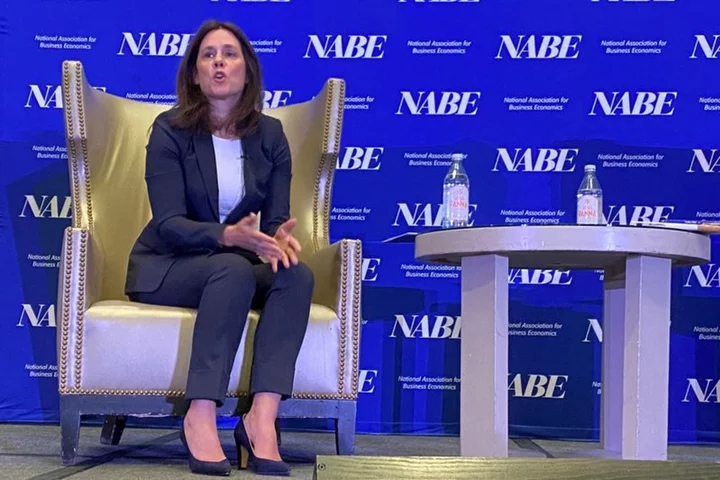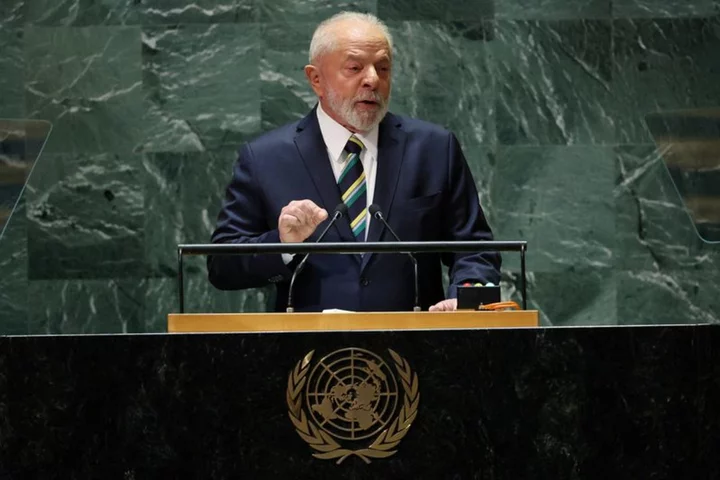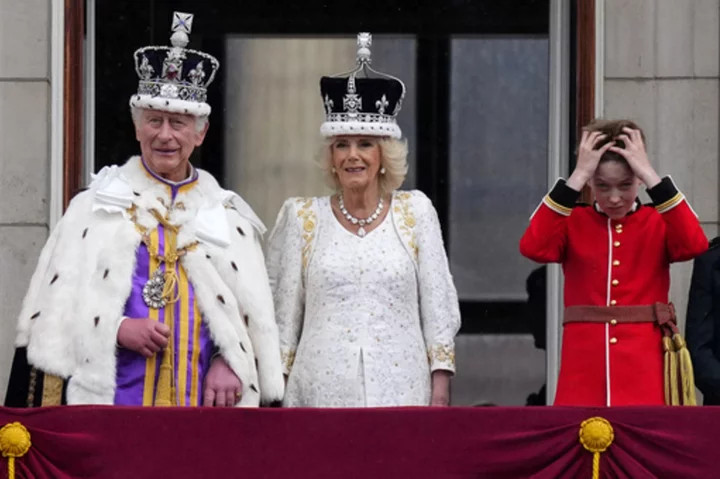By Ann Saphir
Dallas Federal Reserve Bank President Lorie Logan on Tuesday said she supported leaving the Fed's policy rate on hold last week to assess if financial conditions are sufficiently tight to bring down inflation, while pointing to recent signs the fight was not yet won.
Inflation remains too high, she said at a Fed conference on energy, and "looks like we are trending toward 3%" rather than the Fed's 2% inflation goal.
The labor market, while it has cooled somewhat, is still "too tight," she said.
And long-term bond yields, while still up sharply from when the Fed last raised the short-term policy rate in July, have given back some of those gains since last week's Fed decision.
"We're going to continue to need to see tight financial conditions in order to bring inflation to 2% in a timely and sustainable way," Logan said. "I'm going to be looking at the data and I'm going to be looking at financial conditions as we get closer to the following meeting."
The Fed meets next month, and as recently as September most Fed policymakers thought another rate hike would be needed by then to bring down inflation, which by the Fed's preferred measure has been stuck at 3.4% for the past few months.
But last month, Logan was among the first U.S. central bankers to argue that the rise in the 10-year Treasury note yield, among other measures of tighter financial conditions, could slow the economy enough that the Fed may not need to raise the policy rate any further.
That view was one main reason the Fed opted to keep the policy rate in its current 5.25%-5.50% range last week.
If long-term bond yields stay high and reflect investor demands for more compensation for holding longer-term debt - known as the "term premium" - the Fed may be able to keep rates where they are and allow those longer-term borrowing costs to slow investment and relieve price pressures, she and other have said.
But if the increase reflects faster economic growth and a bet that the Fed will need to raise rates in response, the Fed will need to deliver on that expectation, Logan said.
"We have seen some retracement in that 10-year yield and financial conditions, and so I'll be watching to see whether that continues and what that means for the implications of policy," Logan said on Tuesday.
(Reporting by Ann Saphir, Editing by Franklin Paul and Andrea Ricci)









